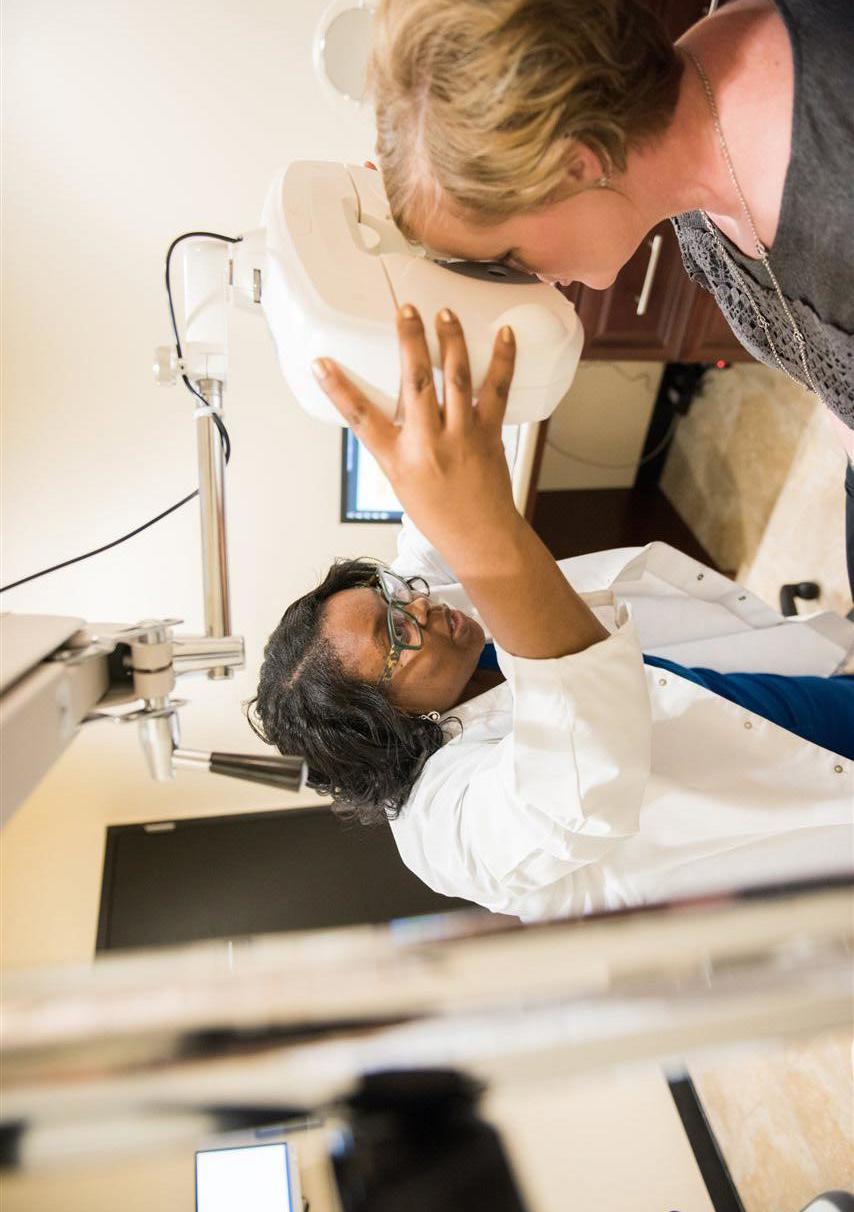
2 minute read
How do you know
How do you know if a school is right for your child?
Public, private, charter, virtual and more - deciding what school is best for your children can feel overwhelming. You want them to have an education that prepares them for a challenging world while fitting their unique learning styles. How do you know the best option to ensure they thrive?
“The right school will not only help your child learn essential skills but instill a lifelong love of learning,” says Carol Lloyd, award-winning educational writer and editorial director for GreatSchools, a nonprofit school guide. “Bottom line: The school you choose for your child does make a difference.”
Lloyd knows making educational decisions isn’t easy. That’s why she offers her advice on the most important things to consider when researching schools. Testing scores: How does the school perform on state assessments across grades and subjects? Look at the percentage of students who score at or above proficiency. If possible, look at test scores by student subgroup (race/ethnicity and family income). How are students like your child doing?
Student progress: Test scores don’t tell the whole story. It’s important that no matter where students start on the educational spectrum, they make progress and continuously learn as time passes. Understanding student progress can give you important information about how much children are learning at this school from year to year.
Equity: Look at how students from all backgrounds are doing. Is there a big achievement gap between different groups? This helps you understand how schools are serving disadvantaged student groups. Advanced coursework: To understand the academic rigor of a school, research the advanced courses offered. How many students are enrolling in those courses? What’s the average number of advanced courses a student takes at the school? All these details can paint a picture about whether the students are getting the classes they need for college and beyond. Discipline and attendance flags: Does the school have high chronic absenteeism? Do they suspend some groups of students far more often than others? This might be a red flag that you should consider. College readiness: If you have a high school student, you’re probably starting to think about the future. If you want to ensure your child’s school is preparing them for college, research the high school’s SAT/ACT participation and performance.
To check out schools in your area and learn more about school ratings and data, visit www.greatschools.org. You can quickly view this information and easily compare it against other schools you’re considering, helping you save time while providing you the necessary information to make a confident decision about your child’s education.
“The updated school profiles on GreatSchools display information parents need, and provide support to help them take action,” says Lloyd. “For example, if a school has a low Equity Rating compared to other schools in their state, parents will find tips on how to discuss improving the education of all students at this school with teachers and administrators. This empowers parents today and in the future so their children can receive the education they deserve.”—








